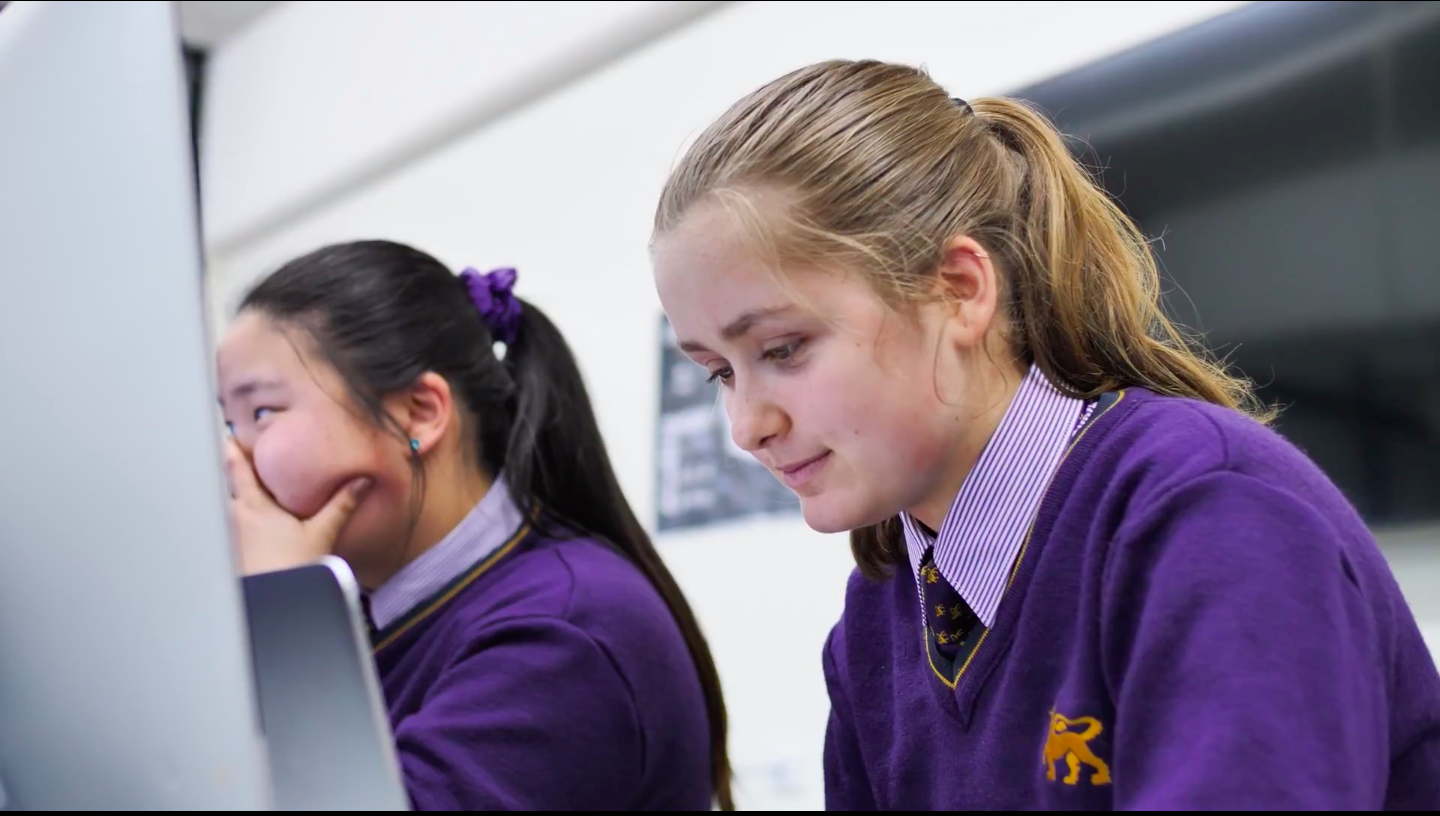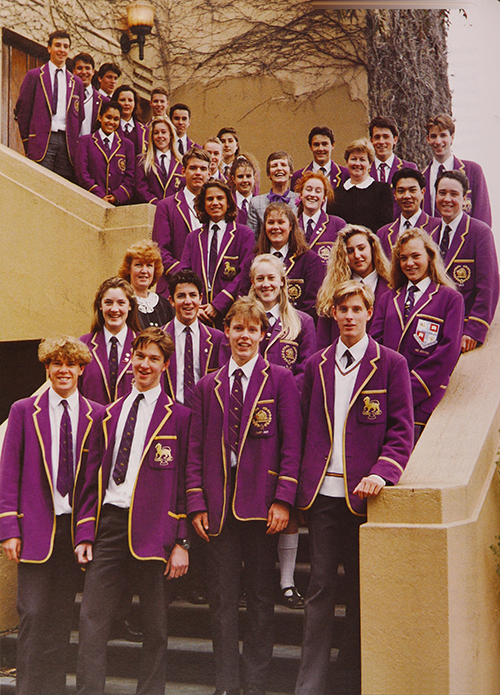
Today Wesley joins the world in celebrating International Women’s Day. This year’s International Women’s Day theme focuses on the Press for Progress towards gender parity. With this theme in mind, it is fitting to reflect on Wesley’s most pivotal transformation – the introduction of coeducation. In 2018, we celebrate the 40-year anniversary of this important milestone.
1978 Wesley took its first steps toward gender parity in the classroom, with 65 girls commencing as part of a new Prepatory school at the Glen Waverley campus. Since then, 7,909 female alumni have graduated from the College and excelled in a wide variety of fields and professions including business, medicine, music, sport, engineering, education and the arts.

Emily Ross, a member of the first graduating coeducational class, described the first girls’ class as ‘…part of a giant experiment. Thought by some to be invading sacred territory…a whole new culture had to be created’.
This new culture saw Wesley transform from a place, which for over 100 years had solely educated boys, to an environment in which both girls and boys could thrive. This meant changing everything from the bathrooms, to eliminating superfluous references to men in the official College Song Book.
Then Principal, David Prest noted ‘It was crucial that female role models be appointed in senior positions’. This was a progressive initiative for the time, which undoubtedly changed the face of the College in the decades that followed. By 1987 the female staff members at the College outnumbered the men. Years later, in 2003, the College appointed Dr Helen Drennen as its first female Principal.
Chris Silagy, a former male student, perfectly encapsulated the coeducational manifesto when he wrote in the 1977 Chronicle, ‘The principle that each individual is different, and each is of infinite worth, has been the basis of all developments’.
Forty years later, the College continues to uphold its commitment to this principle. Students flourish in our diverse community, where they are respected as both equals and individuals and in which we are constantly evolving our understanding of gender.
